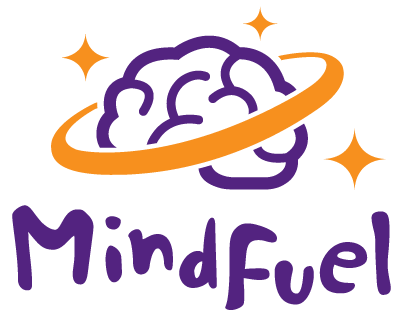No longer can we hide:

During a speech in the House of Commons in 1948, Sir Winston Churchill changed the quote of
George Santayana when he (said) paraphrased, “Those who fail to learn from history are condemned to repeat it.”
In 1944 Raphael Lemkin a Polish-Jewish lawyer, sought to create a new term to describe Nazi policies as the systematic murder of Jewish people.
He used the ancient Greek word genos (race, tribe) and the Latin cide (killing) to come up with the new word, “genocide.”
It has become apparent that genocide and the steps/antecedents that lead to it are not taught in high schools in Canada.
An article published in The Hill Times, a Canadian twice-weekly newspaper, published in Ottawa, Ontario, and which covers the Parliament of Canada, the federal government and other federal political news stated that eight countries to date have made the study of genocide compulsory as part of their high school curriculums, but no Canadian province has yet done so. More than 61 per cent of Quebecers polled said they’d never read a book about the Holocaust, compared to the Canadian average of 41 per cent. And 36 per cent of respondents from Quebec said they had never had contact with a Jewish person.
The Canadian average was 18 per cent.
Additionally, a September 2018 survey that polled 1,100 Canadians, conducted by New York City-based Schoen Consulting, indicated 22 per cent of respondents between 18 and 34-years-old were unaware or unsure if they had heard of the Holocaust.
According to Heidi Berger, award winning film producer, professor of communications at Montreal’s Concordia University and Head of the Foundation for Genocide Education says that education is the answer. The next generation knows very little to nothing about genocide, and teachers themselves have confessed that students know nothing about genocide.
Most high school students, especially in Quebec, have one compulsory history course, which they must pass for their high school certificate: It is called Canadian history. In the curriculum there are three references to different genocides, but only the Holocaust is mentioned as part of the Canadian history course.
The majority of students will not even hear of any other genocide, thereby being left with the impression that genocide took place only once in human history.
What a shocking indictment against our educational system. Totally unacceptable and a change must be effected as soon as possible.
It is important that students hear the stories and learn about past atrocities to know more about what is going on in the world, especially in the current political times.
On October 21, 2018, Michael Anthony, Weston Collegiate Institute’s teacher and curriculum leader was awarded the Holodomor Research and Education Consortium’s Educator Prize for Holodomor Lesson Plan Development. The award was given for the first time to mark the 85th year of commemorating the Ukrainian genocide known as the Holodomor.
The educator has started the Ontario Association of Genocide Educators, with the goal of getting people learning and taking action to commemorate the victims and survivors of past genocides, to act to end current genocides, and to work toward the true implementation of those often repeated words: ”Never again!”
Sadly, the world has not yet learned the lessons of genocide, and experts state that this may be the reason underlying the continuance in places like Syria, Iraq, Myanmar and Sudan. Not only does every school in Canada need to learn about genocide, but every school needs to offer the course. Teachers should also work to get stories of genocide and lessons of genocide into their courses.
All students across Canada need to learn about genocide. Every school needs to offer the course and, at the very least, give students the opportunity to consider taking the course. Teachers need to work to get stories of genocide and lessons of genocide into their courses. English classes need to be infused with stories of genocide.
Drama and art classes need to learn and creatively approach the subject of genocide. For this to happen though, teachers need to be given support and resources.
The better we comprehend past genocides, the better equipped we would be to prevent their recurrence. However, as we prepare to ensure “never again,” we should ensure that all is exposed and no genocide is left aside, for the Holocaust was not the last.
Let us not forget, Indigenous people of Brazil in 1900, Armenia in 1915, Indonesian genocide in 1965, Bangladesh in 1971, Burundi in 1972, Cambodia in 1975, Rwanda in 1990, Bosnia in 1991, Bambuti in 2002, Darfur, Sudan in 2003, Ukraine or Holodomor 2003, Rohingya or Myanmar genocide of 2017.
The clarion is now being sounded, genocide is nothing to hide, for far too long this history has been under-recognized and too little discussed.














